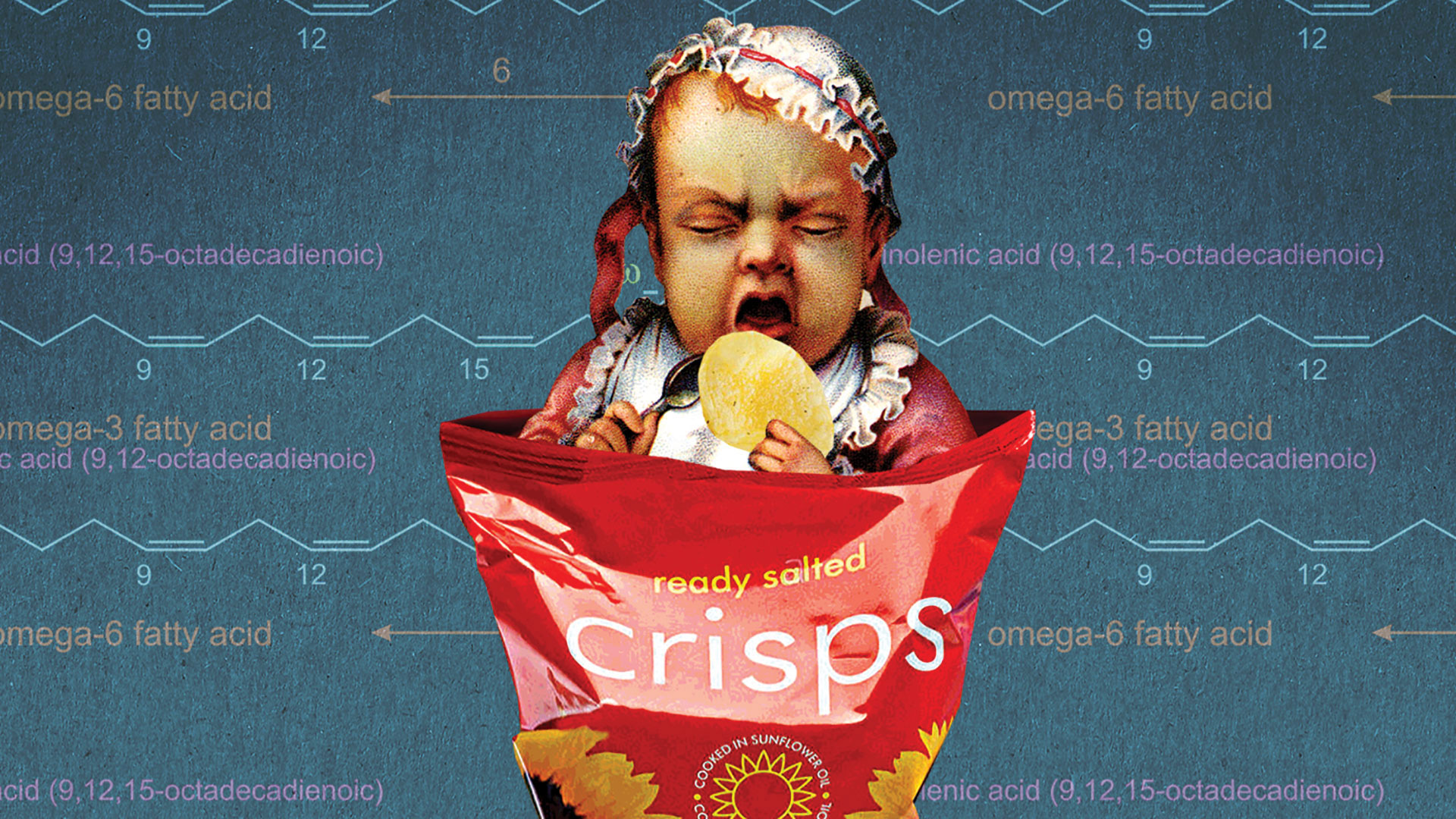Away from the papers, Heart Radio also got in on the act with the altogether vaguer “Pregnant women urged not to eat CRISPS as they could affect the baby” while the story received extensive coverage globally.
All reports stemmed from the same Australian study that looked at diets with high omega 6 – specifically linoleic acid – content to assess their impact on pregnant mothers and their unborn children.
As well as reporting harm, many of the articles reported that there would be fewer male babies as a result of scoffing crisps, while babies’ growth would be affected.
But should pregnant women pack it in when it comes to crisps?
Facts. Checked
Yes and no.
The suggestion doing the rounds that eating crisps while pregnant could cause “harm” to your unborn child is a sensational claim.
Advertising helps fund Big Issue’s mission to end poverty
Take this quote from Dr Deanne Skelly, a senior lecturer in Griffith University’s school of environment and science, who led the research that was published in the Journal of Physiology.
“Our findings suggest that it’s probably a good recommendation for women who are thinking of getting pregnant to reduce the content of omega 6 in their diet,” Dr Skelly said.
“But we don’t know at this point if it is going to cause deleterious effects long-term.”
That is a pretty clear indication that the researchers behind the study are still to prove that there is harm to the baby.
However, the researchers did find that there were fewer male babies born from rats that ate a high linoleic-acid diet during tests as reported by the news stories.
They also found that their liver had altered concentrations of inflammatory proteins and levels of prostaglandin E were increased, while leptin was decreased.
Advertising helps fund Big Issue’s mission to end poverty
The former is a protein that can cause contraction of the uterus during pregnancy while the latter is a hormone that can regulate growth and development. Both areas are covered in the stories.
But while ‘harm’ of a high linoleic-acid diet to your baby may not yet be proven, there are other reasons to cut down on the crisps.
Crisps are also high in salt – with a packet of 32.5g Walkers Cheese and Onion, for example, containing 0.4g of salt, or seven per cent of the recommended daily 6g intake. Overdoing it with the salt does pose a confirmed risk, with the NHS warning that it causes high blood pressure that can lead to a stroke or heart disease.
It is worth noting that this study only changed the levels of linoleic acid between the human and animal model groups rather than fat, sugar or salt.
But the latter trio should be kept in check as part of a healthy diet, whether you’re pregnant or not.
Images: Miles Cole









